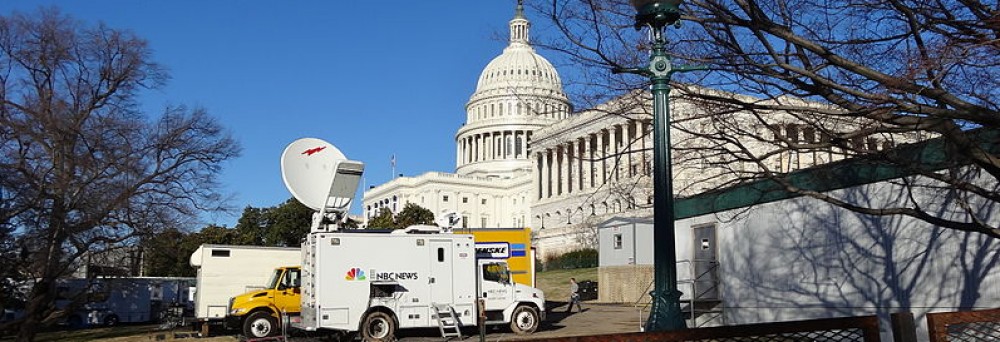By NICOLAS IPARRAGUIRRE
This past week, a trial regarding James Gatto, a former Adidas executive, began as he is being charged with two counts of wire fraud and conspiracy to commit wire fraud. The charges stem from a $100,000 payment to University of Louisville guard Brian Bowen. The payment was made on behalf of the university in order to ensure Bowen would play basketball for the school.
While the trial has only just begun, Gatto’s attorneys have shed light on an issue that has been well known among college basketball fans for a long time. The issue is that major college basketball programs work with agents and apparel companies to pay high school students to play for them. Bowen’s case is hardly the first known instance of students being paid and certainly not the last.
Another recent example is Phoenix Suns center Deandre Ayton who also received $100,000 from an agent that was orchestrated through University of Arizona head coach Sean Miller. These cases are just in the past year, but the issue is widespread and widely known. The Ringer’s Mark Titus, a former Ohio State basketball player, explained the issue in a February column when he said, “For decades, it’s been the worst-kept secret in sports that the highest level of college basketball has been controlled by agents, shoe companies, runners, and rogue coaches.”
In response to these “new” findings, the NCAA will suspend the few players who were unlucky enough to get caught receiving benefits and ignore the fact that most top-level recruits are paid for their services. But why aren’t journalists looking to expose the entire system?
Young men who are offered great sums of money shouldn’t be expected to refuse, especially those who may need the money to support their families. And the coaches who participate in this system are required to in order to win games, because if they don’t, they will be fired for someone else willing participate in the scam. The fault lies on the governing body who is supposed to oversee and protect these student-athletes, the NCAA.
While it is easy to pick on the NCAA’s hypocrisy, all journalists, not just college sports journalists, should look to expose the entire issue. Unless someone is a die-hard sports fan, they would have no knowledge of the corruption involved in college basketball. But the issue of young men being offered grand sums of money while being expected to refuse it is something that should be exposed to all. Especially when you consider that march madness, college basketball’s premier event, generated almost $900 million in profit during the 2017 season.
Widespread corruption, big money and the potential abuse of young men should be a national story every day until everyone understands just how flawed the system is. Because handing down phony suspensions and sanctions to the programs that are caught won’t stop the issue anytime soon.
